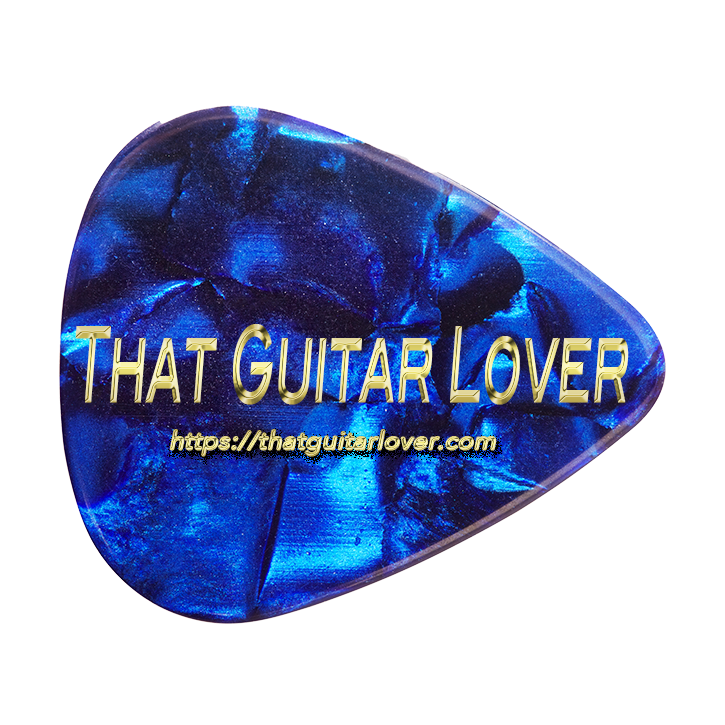The 1965 Fender Twin Reverb Blackface Reissue

If there was one amp to appear on more records than any other, the Fender Twin Reverb would likely be at the top of the list. I don’t have access to the actual data so I for the moment this is speculation on my part.
The Twin Reverb is often associated with the American amp sound, but this is about as useful as saying that there is one amp maker that defines the British sound. Would that be Marshall British, Vox British or HiWatt British? Same deal for the so called American sound, although Fender’s market penetration, particularly early in the game was likely a runaway leader. This does not take away from other makers, such as Mesa Boogie or more recent players like PRS, but there is a difference in sound, and the sound of a Fender Twin is both distinctive and identifiable.
The Twin Reverb was built with the idea that the amp would not overdrive no matter how much you turned it up. Watts measurement is not really a consistent measure of how loud something gets. A fully cranked Fender Twin Reverb is rated at 85 watts. It will also destroy your hearing and shake walls. I think only the late Dick Dale found the Twin Reverb not loud enough, although Leo Fender did come up with the Dual Showman to accommodate Mr. Dale.
In addition to the seemingly endless clean sound, came Fender’s awesome spring reverb. If anything ever brings to mind the sound of deep twanging reverb it’s Fender spring reverb. There is of course a tremolo function in the amp, albeit called Vibrato incorrectly. This function has two controls for speed and for depth. This was a very popular effect in the Sixties, but some players, like to set the rate very low and the intensity very low and leave it on most all the time. I had not heard of this, but have tried it myself and really like the subtle widening effect it brings.

I had been told before I bought my Twin that it is so loud that you cannot turn it up past 1 in a home. There are two inputs on the reverb channel and I am plugging into the 2nd input most of the time and find that I can turn the amp up more, nearly to 3 in my room. Certainly not where the tubes are being thrashed, but a beautiful open clean tone. The dual 12” Jensen speakers sound marvellous and I like the open back design. Like many older style Fender amps, the Twin Reverb has those iconic tilt-back legs and I really enjoy that element.
I’ve kept my pedal board really clean for this amp. I have the supplied switch to control the reverb and tremolo, a TC Electronic PolyTune 3 mini, a TC Electronic Spark Booster, which provides a pleasant light crunch tone without compression or high end loss, and for the time being my old Diamond Memory Lane delay. The Memory Lane was really something when it came out, but delays have moved a long way and I expect to retire it shortly and replace it with something else with more delay options.
When I first received the amp, which I bought used from Guru Gear online (the company is located in New Brunswick Canada) I set all the tone controls at 5. I have had no cause to change these. My spankiest guitar is a Fender Custom Shop 1967 Telecaster and it is bright without being grating in any way. Even high output humbuckers sound good through this amp, but if you are looking for native overdrive tones, you are thinking about the wrong amp.
I own an “American” amp in the PRS Dallas. It is lovely sounding but is obviously darker and less spanky than the Twin Reverb. If I play with the EQ on the Boogie Mark V, I can get kind of close but there’s a fair bit of futzing around required to make the Boogie sound like a Fender. I briefly tried the new Boogie California amp before I bought the Twin Reverb, and it’s definitely got a different soundscape. Not bad in any way, but none of the spark of the Fender Twin Reverb.
I have heard it said that if you are a guitar nut and not bound tightly to a particular music style, that you need a Twin Reverb in your amp lineup. Even after over forty years as an alleged guitarist, I only just added one, and I am becoming a believer.

